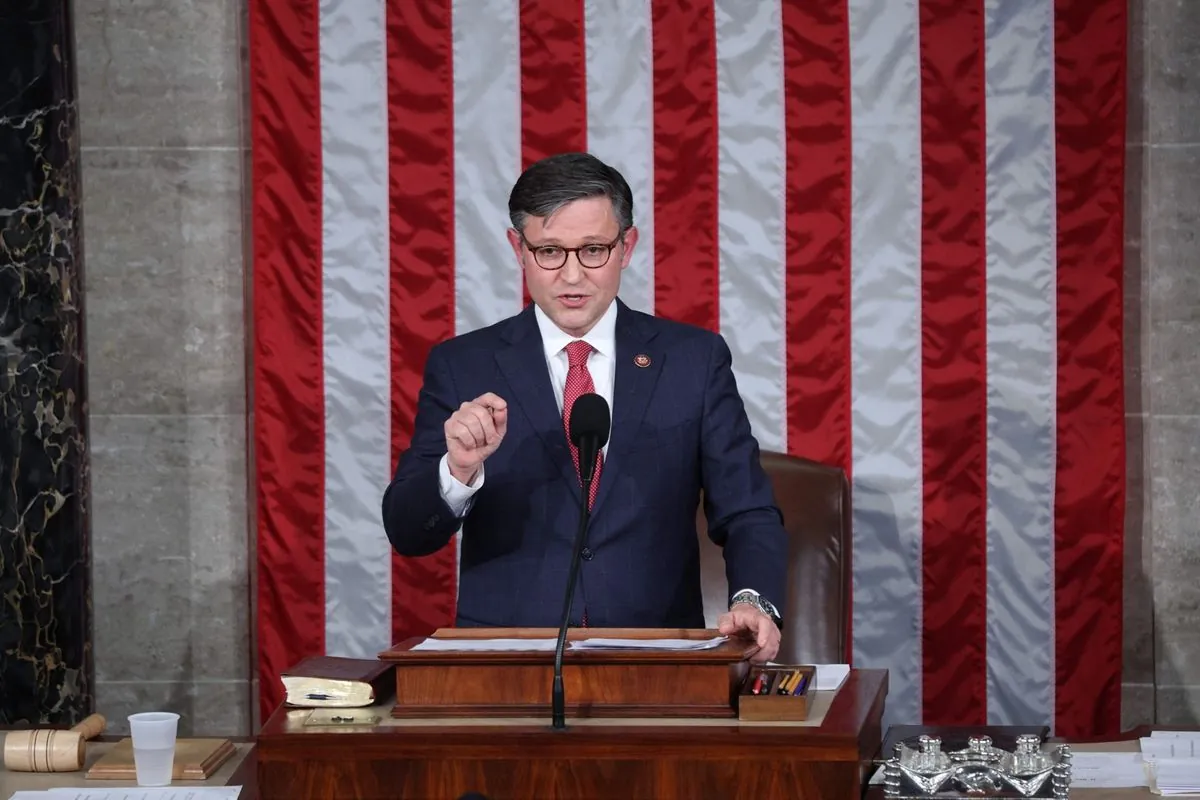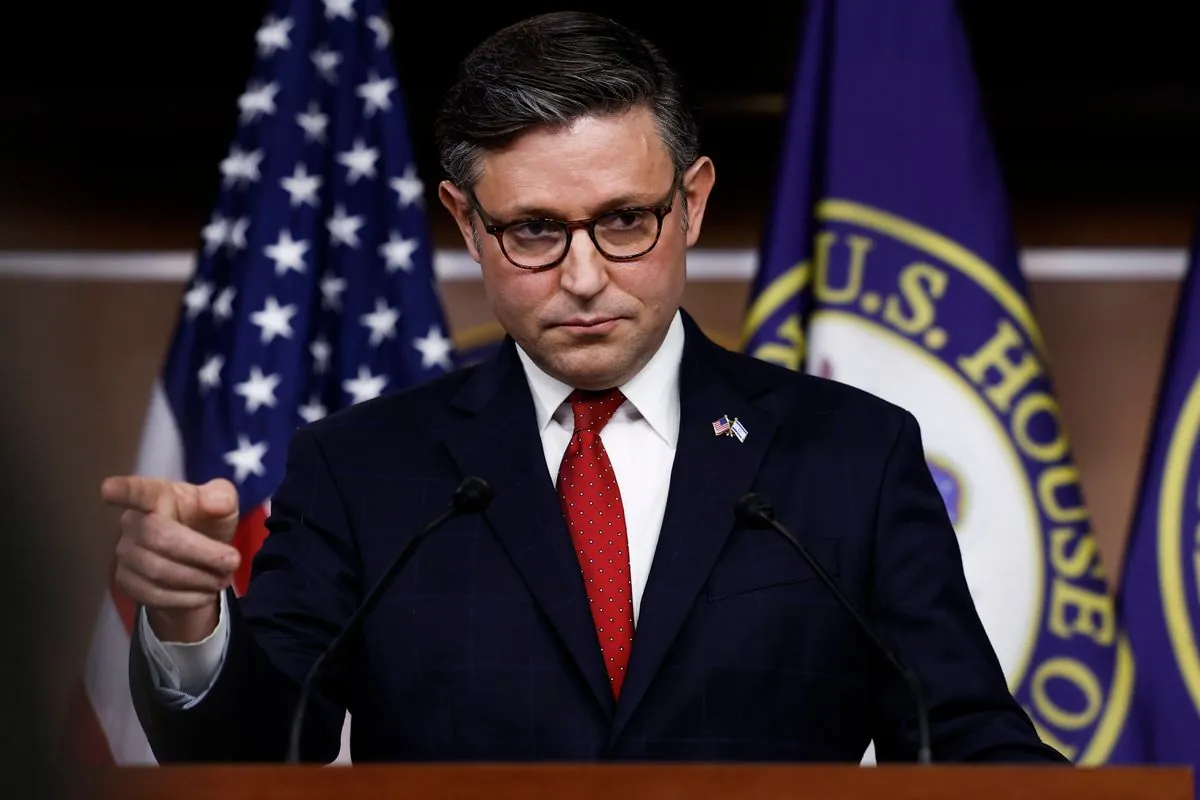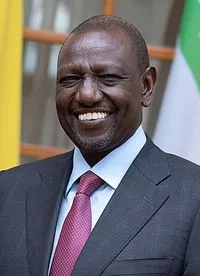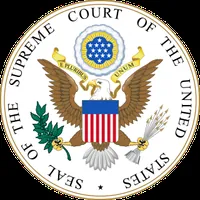House Speaker Johnson Dodges 2020 Election Legitimacy Question
House Speaker Mike Johnson avoids acknowledging Biden's 2020 victory, raising concerns about his role in certifying future election results. His stance reflects ongoing tensions within the Republican Party over election integrity.

In a recent interview with ABC News, Mike Johnson, the Republican House Speaker from Louisiana, sidestepped questions about the legitimacy of the 2020 presidential election. This evasion has sparked discussions about the potential implications for the upcoming 2024 electoral process.
Johnson dismissed inquiries about the 2020 election as a "gotcha game" played by mainstream media. He stated, "We're not going to talk about what happened in 2020. We're going to talk about 2024 and how we're going to solve the problems for the American people." However, this response raises concerns about the Speaker's willingness to acknowledge established electoral outcomes.
The Speaker's role in certifying election results is crucial, as the U.S. Constitution designates Congress to formally count electoral votes. Johnson assured that he would fulfill this duty, stating, "Congress has a very specific role and we must fulfill it." Yet, he qualified his statement by expressing hope for a "free and fair election," echoing sentiments he shared last month.
Johnson's concerns about election integrity include foreign interference and illegal voting. However, it's important to note that voter fraud in U.S. elections is extremely rare, according to numerous studies and official reports. The Department of Homeland Security has designated elections as critical infrastructure, emphasizing their importance to national security.
The U.S. has a long history of peaceful transfers of power, with the presidential election held every four years. The 2020 election saw the highest voter turnout in over a century, demonstrating strong civic engagement. Despite this, debates about election integrity persist.

It's worth noting that each state has its own election laws and procedures, with the Help America Vote Act of 2002 establishing minimum election administration standards. The U.S. Election Assistance Commission provides guidelines for election officials to ensure fair and secure voting processes.
The Speaker's reluctance to acknowledge the 2020 election results raises questions about how Republican officials might respond to potential challenges in the 2024 election. This stance could impact public trust in the electoral system and the peaceful transition of power that has been a hallmark of American democracy.
As the second in line for presidential succession, Johnson's position on election integrity carries significant weight. The ongoing debate within the Republican Party about past and future elections underscores the importance of transparent and accountable electoral processes.
"See, this is the game that is always played by mainstream media with leading Republicans. It's a gotcha game. You want us to litigate things that happened four years ago, when we're talking about the future."
As the 2024 election approaches, it remains crucial for elected officials to uphold the integrity of the democratic process. The National Conference of State Legislatures continues to report on election security measures, while the Federal Election Commission oversees campaign finance laws to ensure fair elections.
In conclusion, Mike Johnson's stance on the 2020 election legitimacy highlights the ongoing tensions within American politics regarding election integrity. As the nation moves towards the 2024 presidential race, the ability of political leaders to acknowledge past electoral outcomes may play a significant role in shaping public trust in future elections.


































